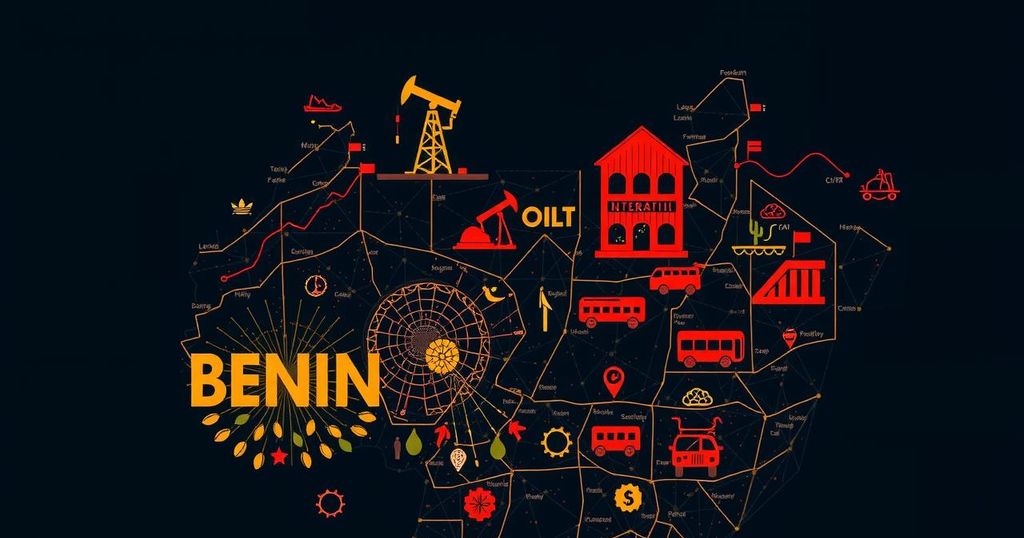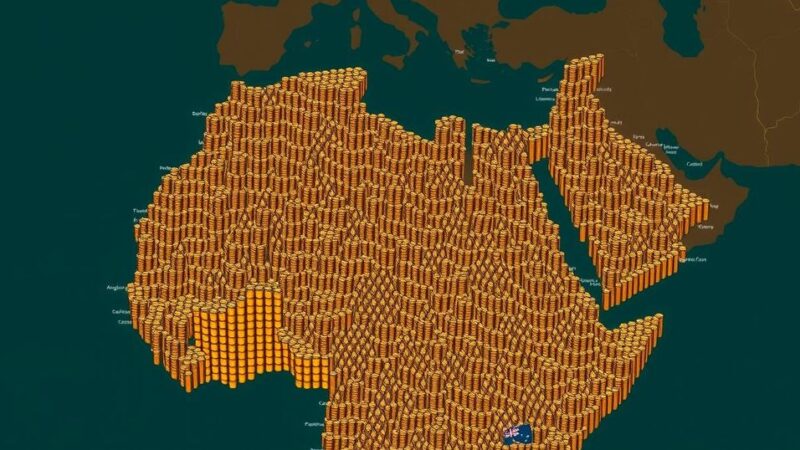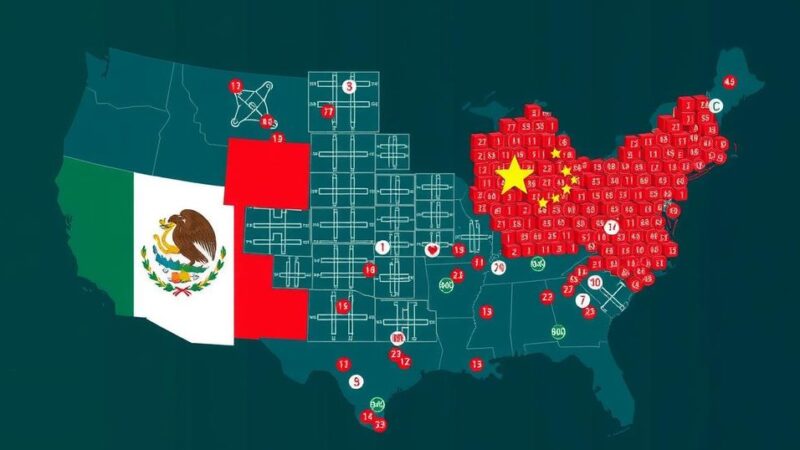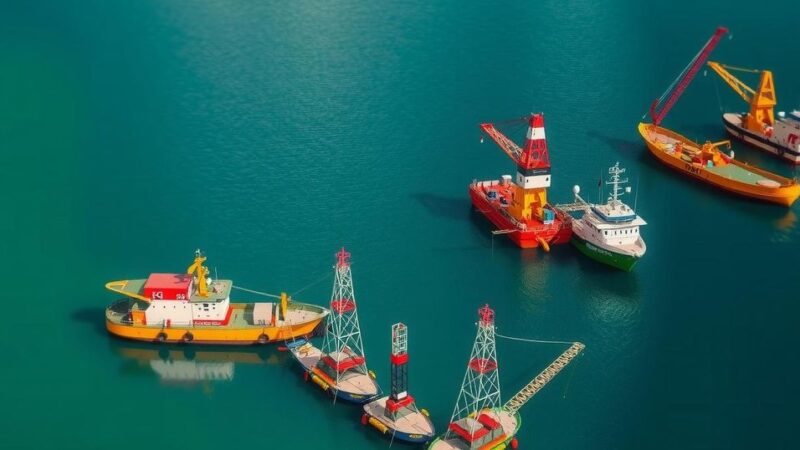Benin’s economy is reliant on foreign aid, particularly from France, and has transitioned from socialist attempts in the 1970s to privatization in the 1990s. About 70% of the workforce is in agriculture, while natural resources and manufacturing also play vital roles. The nation’s trade relies on cash crops and imports essential goods, with transport infrastructure impacting trade capabilities significantly. The deep-water port in Cotonou provides opportunities for enhancing trade revenue.
Benin’s economy has historically relied on external support, especially from France and international organizations, which has eased the impacts of economic stagnation and low living standards for most citizens. After a coup in 1972, the government attempted to implement socialist reforms but struggled with corruption and inefficiencies. The economy eventually transitioned towards privatization in the 1990s, discarding previous Marxist influences. Approximately 70% of the workforce is engaged in agriculture, focused primarily on crops such as yams and cotton.
Natural resources include hardwoods, fish-rich waters, and mineral deposits like iron ore and gold. The manufacturing sector encompasses several industries, including food processing and cement. electricity generation relies on thermal power, with significant imports from Ghana. The financial sector has evolved with privatization, complemented by foreign aid, and trade primarily involves agricultural exports like cotton and cocoa while also relying heavily on imports of manufactured goods.
Transportation infrastructure includes both paved and unpaved roads, limited railways, navigable rivers, and an international airport in Cotonou, enhancing connectivity for trade. Despite these developments, Benin’s trade balance remains affected by informal border trade, significantly with Nigeria, while its deep-water port in Cotonou holds potential for increased revenue. This overview of Benin’s economy highlights both the struggles and resource capabilities contributing to its growth and challenges.
The economy of Benin has undergone various transformations since its independence, characterized by reliance on foreign aid and attempts at socialist reform. The historical context of economic dependency has shaped current structures, with notable shifts towards privatization following economic hardships. Agriculture plays a crucial role in employment and food production, with fishing and natural resources also contributing to the economy. Understanding Benin’s economic landscape requires insight into its resource endowments, trade patterns, and infrastructural developments which influence both its export capacity and overall economic health.
In summary, Benin’s economy remains shaped by its historical dependence on external assistance, ongoing efforts towards privatization, and significant contributions from agriculture and natural resources. While the deep-water port at Cotonou presents opportunities for trade, the country faces challenges with its trade balance and infrastructural development. Continuous reforms and growth in sectors such as manufacturing and fishing could potentially enhance economic stability and living standards for its population.
Original Source: www.britannica.com





